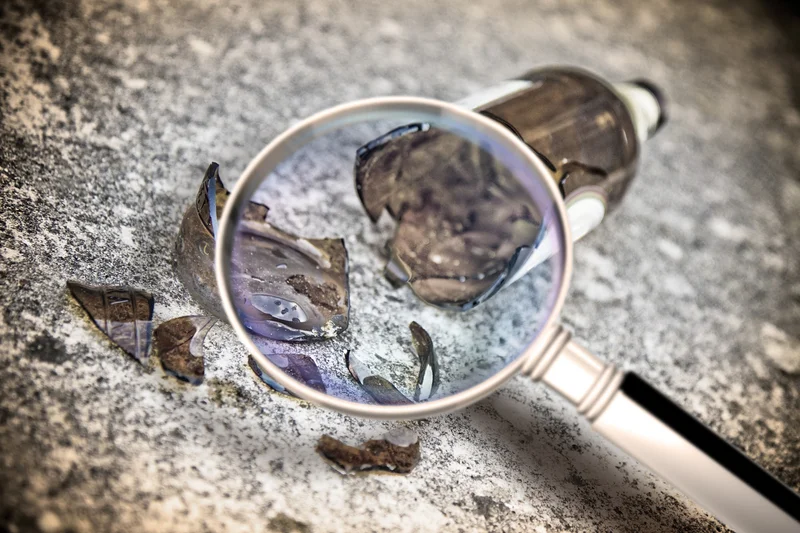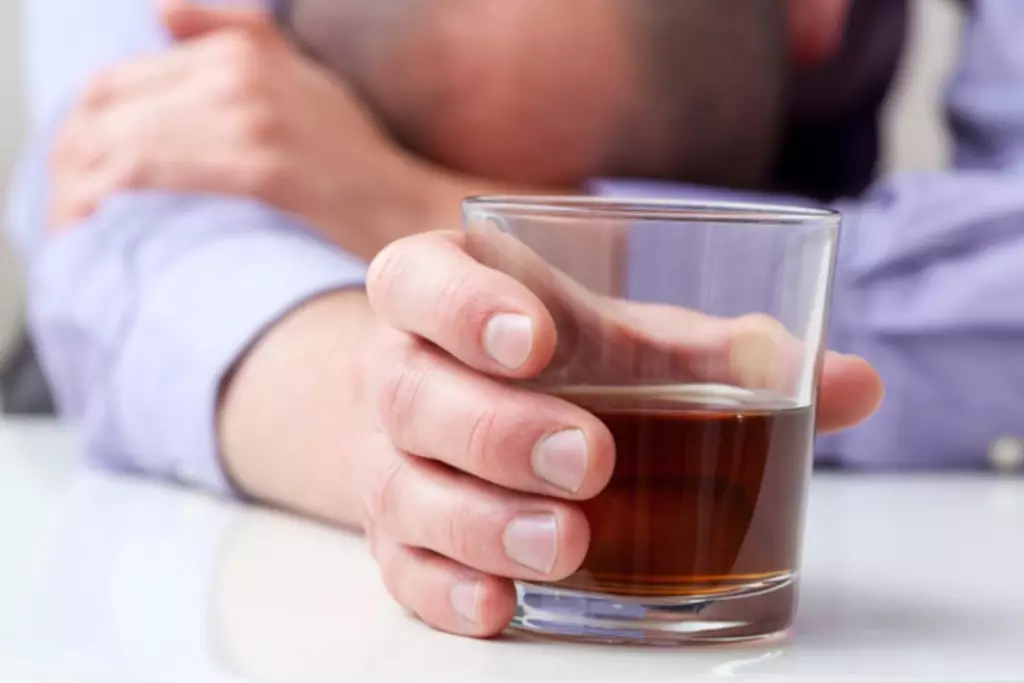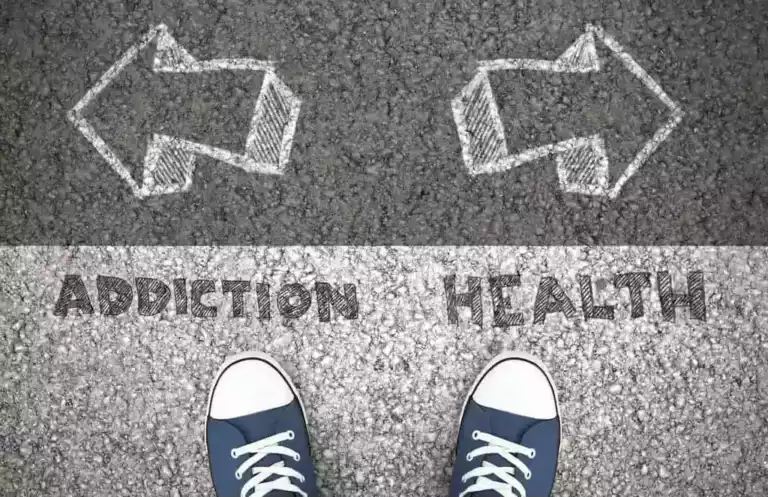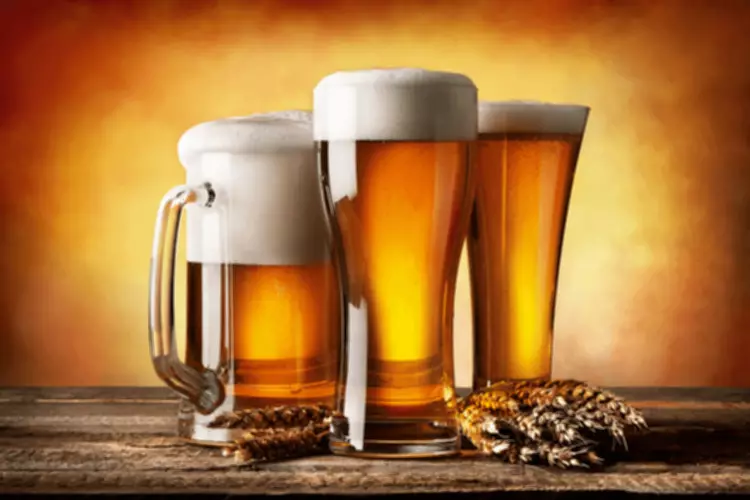If you become lazy or disinterested in your recovery, the natural tendency is to fall back into addictive behaviors and eventually return to using again. Another common behavior linked to Dry Drunk Syndrome is poor impulse control. Individuals with this symptom tend to do what they want, when they want, with little regard to who they hurt in the process. Impulsivity can also be linked with grandiosity, as people may often engage in impulsive behaviors as a way of being the center of attention. To be grandiose doesn’t necessarily mean that the person has to believe that he or she is the best. In fact, it can also be exhibited by simply seeking attention through playing victim or sitting on the pity pot.
Treatment After Completing A Recovery Program
Often, addiction stems from an unmet need or an attempt to cope with distressing experiences. Without addressing these core issues, simply ceasing alcohol consumption—becoming a “dry drunk”—might not lead to the fulfilling recovery you’re seeking. A dry drunk is someone who isn’t actively using alcohol but is still experiencing the behaviors or the issues that led to their alcohol use disorder.
Managing Dry Drunk Syndrome
- High expectations for a “new life” can contribute to dry drunk syndrome.
- Alcohol addiction treatment can be helpful in allowing individuals to better understand the disease, how to maintain sobriety and how to cope with triggers in a healthy way.
- Seeking professional help is always recommended to manage dry drunk syndrome symptoms and prevent relapse.
- Dry drunk syndrome is not a medical condition, but the symptoms are very real and can affect everyday life.
- We Level Up rehab treatment & detox center can provide you, or someone you love, the tools to recover from alcoholism with professional and safe treatment.
- It’s not just about drinking excessively; it’s about the physical and psychological dependence that develops.
To understand what a dry drunk is, it’s useful to understand alcohol use disorder. When someone has an what are the signs of a dry drunk alcohol use disorder, it affects8 their brain, behavior, and emotions. The first step in overcoming dry drunk syndrome is to recognize and admit that there is an issue going on. Whether you have not addressed past mental health concerns or are experiencing PAWS, you must be able to admit there is a problem and your recovery is at risk. By doing so, you will be able to fully accept help from those offering and be able to change your ways of thinking. Therapy can help address mental health while support groups such as AA can give guidance and advice.
Featured Programs
If these people do not learn alternative healthy coping mechanisms, they will naturally fall back to their old ways. They respond to stress by reaching out for a drink because that’s how they have “learned” to cope with it. According to the Semel Institute, about 75% of all people who struggle with alcohol abuse will develop some form of post-acute withdrawal symptoms. It means that most addicts with PAWS will manifest signs like depression, fatigue, or psychosocial dysfunction. This syndrome is usually caused by no longer focusing on mental or emotional recovery. People may start to believe that since they are no longer alcoholics, there isn’t anything else that needs to be done, but suddenly they cannot brush off negative thoughts.
Support positive habits
- As a Joint Commission-accredited facility, we have committed to exceeding the highest possible standards of care.
- If your loved one behaves in toxic or aggressive ways, it’s best to talk this over with a therapist and develop a plan to keep yourself safe.
- It is used to describe someone who has stopped drinking but is still exhibiting behaviors they did when they were.
- It is worth noting that dry drunk syndrome is less common for those who attend a treatment program with a support system, such as inpatient, outpatient, or a 12-step program.
- PAWS refers to a wide variety of symptoms that begin to appear after acute alcohol withdrawal has resolved.
- Despite all of these adding stress to your life, you support him in every way you can and reassure him that he is loved.
- However, recognizing these signs is essential for addressing underlying issues and supporting individuals in their recovery journey.
As recovery progresses, the initial high of overcoming addiction may give way to feelings of unfulfillment, especially if expectations were unrealistic. Questions may arise about the value of sobriety, tempting individuals to abandon their recovery efforts. Recovery should be viewed as a constant journey, either moving towards or away from sobriety.
Understanding Alcoholism
They used the term to refer to people who no longer drink alcohol but experience the same issues or behaviors as when they did. If a person is having difficulty with their PAWS symptoms, they should speak with a healthcare professional. A healthcare professional may be able to suggest certain coping methods or support groups that could be beneficial.
The Importance of Addressing the Patterns
Discussing this can be tricky, amphetamine addiction treatment especially if they feel criticized after achieving sobriety. Confronting them about their emotional state gently, reassuring them of your appreciation for their sobriety and effort is key. Overall, living with dry drunk syndrome can be incredibly difficult for both the person in recovery and their family.
This therapy targets the emotions of dry drunk syndrome and the strong feelings that may have led to substance use in the first place. DBT usually takes place in a group setting with a classroom-like structure. You’ll learn new skills, accept your emotions, and explore ways to better yourself. CBT helps you identify and address the thoughts and emotions behind your behaviors. For dry drunk syndrome, you’ll go back to what may have caused your addiction and how that unresolved cause still affects your present self.
Others, however, will greatly struggle with feelings of anxiety, depression, and anger throughout their recovery. As with most mental health challenges, chronic stress or unexpected life events can worsen dry drunk symptoms. Understanding the concept of a dry drunk is crucial in the journey towards lasting recovery. It’s not just about abstaining from substances but also addressing the deep-seated emotional and psychological challenges that fuel addiction. By embracing therapies like CBT and DBT, you’re taking significant steps towards unpacking addiction’s complexities.





